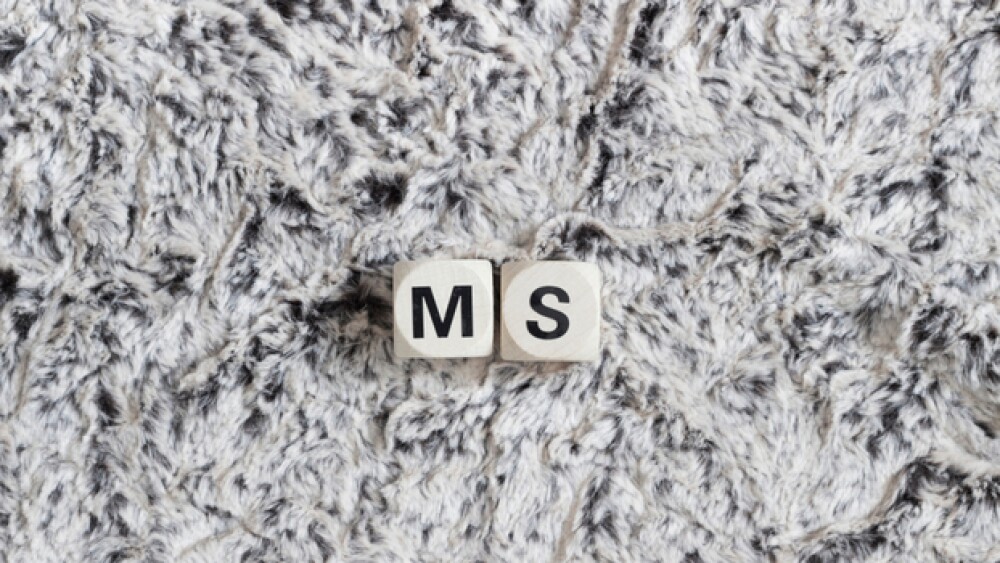TG Therapeutics is on track for a regulatory submission for anti-CD20 antibody ublituximab next quarter, on the back of new Phase III data showing it reduces relapses and brain lesions in patients with relapsing forms of multiple sclerosis (MS).
TG Therapeutics is on track for a regulatory submission for anti-CD20 antibody ublituximab next quarter, on the back of new Phase III data showing it reduces relapses and brain lesions in patients with relapsing forms of multiple sclerosis (MS). The data will be presented tomorrow at the American Academy of Neurology (AAN) 73rd Annual Meeting.
New York-based TG announced positive topline results for its two Phase III studies, ULTIMATE I and II, in December saying the trials met their primary endpoint of statistically significant reductions in annualized relapse rate (ARR) over the course of the 96-week trials, compared with Sanofi’s marketed daily oral therapy Aubagio (teriflunomide). Ublituximab was dosed via one-hour infusion every six months.
In the newly released data, TG said patients in ULTIMATE I on ublituximab had an ARR of 0.076 compared with patients receiving Aubagio, with an ARR of 0.188. The results were similar in ULTIMATE II, with ARRs of 0.091 and 0.178, respectively.
Key secondary endpoints were Gadolinium (Gd) enhancing brain lesions, detected via MRI. For patients receiving ublituximab, the total number of T1 lesions in ULTIMATE I and II were reduced by 97% and 96%, respectively, compared with Aubagio. New or enlarging T2 lesions were similarly reduced by 92% and 90%, respectively.
Patients on ublituximab also achieved No Evidence of Disease Activity (NEDA)–a combined metric that takes into account the both the reduction of visible symptoms like relapse and unseen disease progression like lesions–in the two trials at rates of 44.6% and 43%, respectively, representing a 198% and 277% improvement when compared with patients on Aubagio.
TG updated its timeline for a Biologics License Application (BLA) to FDA, which it now expects to submit in 3Q21. If approved, ublituximab would be the third anti-CD20 therapy marketed for MS. Anti-CD20 antibodies, which target CD20-positive B lymphocytes, have been approved for decades in other indications like cancer and rheumatoid arthritis. The first was Roche’s Rituxan (rituximab), approved by the U.S. Food and Drug Administration (FDA) in 1997 for patients with non-Hodgkin’s lymphoma (NHL).
As researchers discovered the role of B cells in MS, drugmakers pivoted, and FDA approved Roche’s anti-CD20 antibody Ocrevus (ocrelizumab) infusion in 2017, making it the first disease-modifying therapy in progressive MS. Last August, FDA approved a label expansion for Novartis’s self-administered anti-CD20 Kesimpta (ofatumumab) for relapsing MS, after more than a decade on the market for chronic lymphocytic leukemia (CLL).
TG is also testing ublituximab in other indications. It announced positive final results from a combination Phase III trial with ibrutinib in relapsed/refractory high-risk CLL in February, and has multiple Phase II and III trials for NHL and CLL in combination with TG’s Ukoniq (umbralisib), which is approved in several lymphomas.





